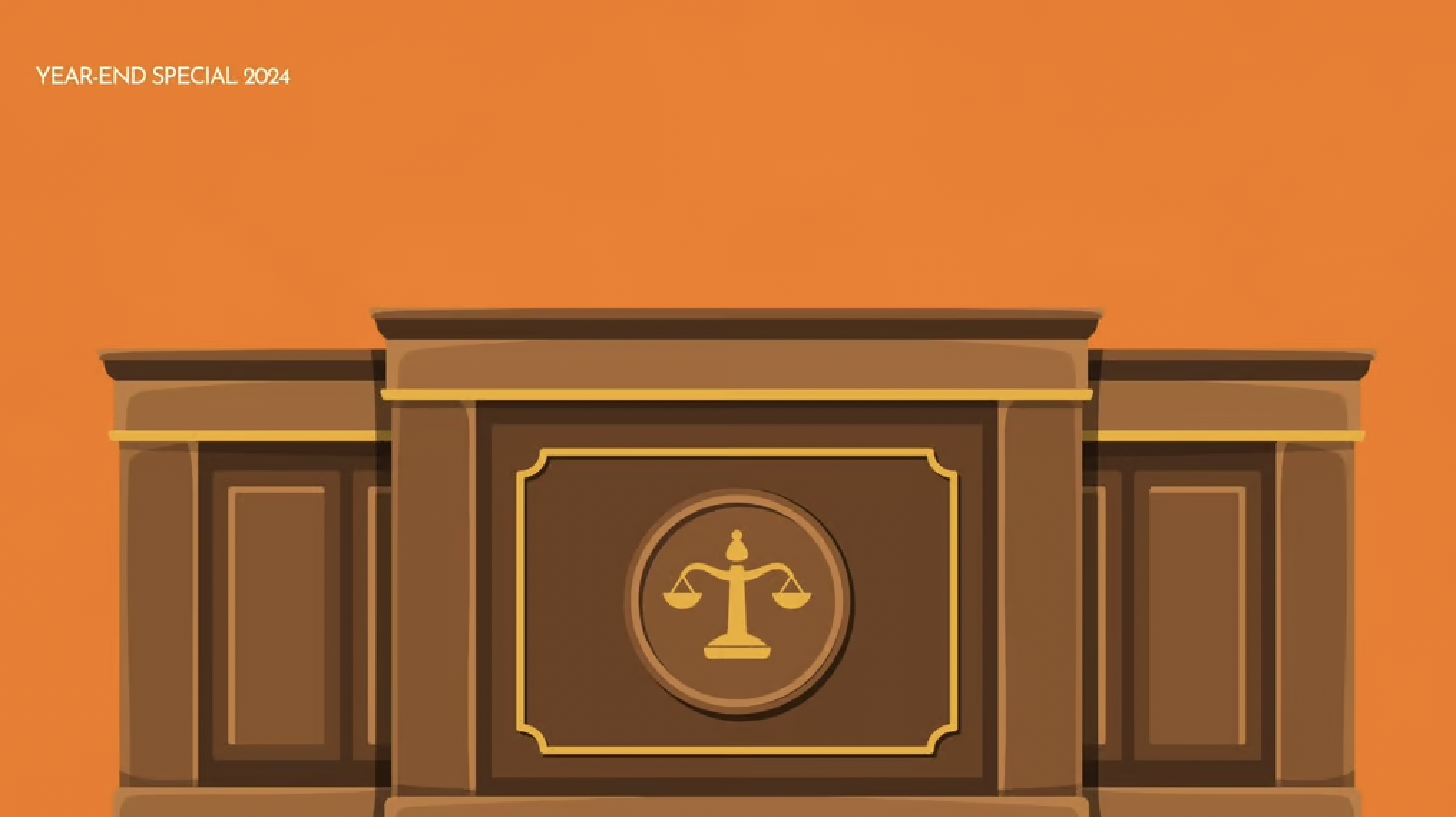
By Rohin Bhatt
SPEAKING in the Constituent Assembly on November 4, 1948, Dr B.R. Ambedkar warned the Constituent Assembly about the fact that merely having a Constitution was not enough and that the people had to cultivate a constitutional morality.
He said, “It is perfectly possible to pervert the Constitution, without changing its form by merely changing the form of the administration and to make it inconsistent and opposed to the spirit of the Constitution.
“It follows that it is only where people are saturated with constitutional morality such as the one described by Grote the historian that one can take the risk of omitting from the Constitution details of administration and leaving it for the legislature to prescribe them.
“The question is, can we presume such a diffusion of constitutional morality? Constitutional morality is not a natural sentiment. It has to be cultivated. We must realise that our people have yet to learn it. Democracy in India is only a top-dressing on an Indian soil, which is essentially undemocratic.”
This year has seen a rise in the number of judges of constitutional courts— tasked with defending the Constitution— who have done a disservice to the Constitution both in letter and spirit. Which is why this year shall probably go down in history as the year of Hindutva judges.
This story was originally published in theleaflet.in. Read the full story here.






